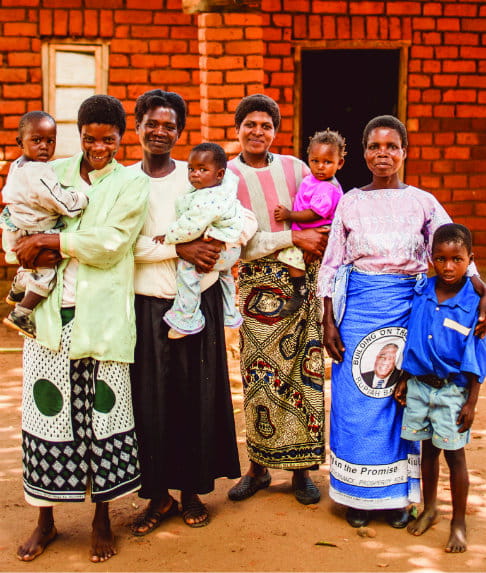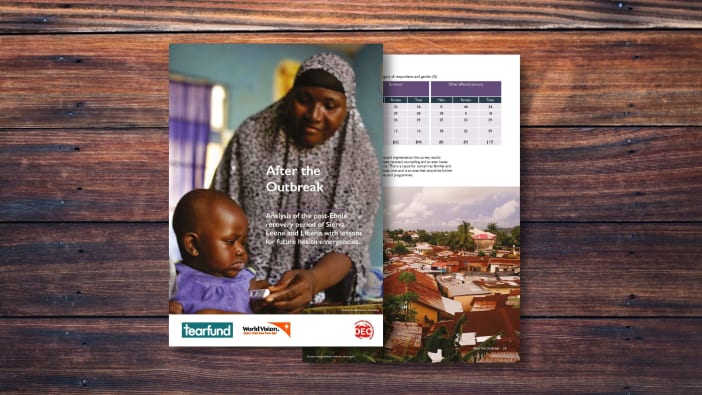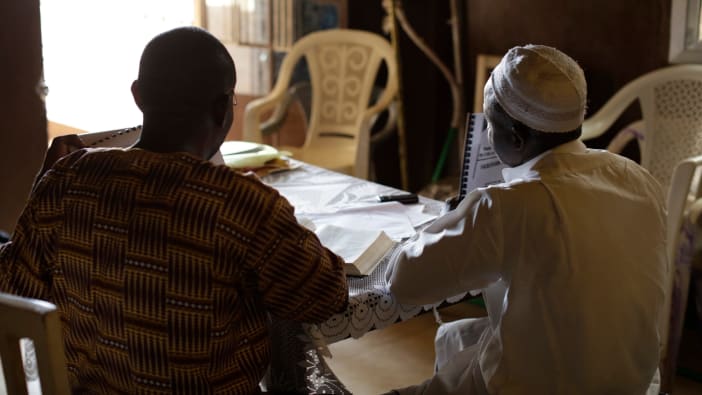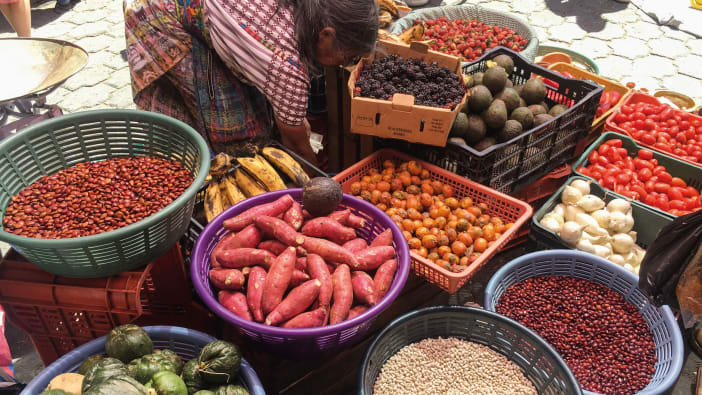By David Deakin
Tearfund has been responding to HIV through local partner organisations since 1991. In 2006 Tearfund launched an ambitious ten-year plan to stop the spread of HIV and reverse the impact of AIDS in all of the communities where its partners were working. In particular, it aimed to change the church from being part of the problem to becoming part of the solution.
This strategy has been effective and has achieved some great results. For example:
- In Ethiopia and Malawi, a network of churches worked together to change inaccurate knowledge, unhelpful attitudes and risky behaviours relating to HIV and sexuality.
- Tearfund’s partners in Russia have helped injecting drug users (IDUs) to protect themselves against HIV and to recover from drug addiction.
- Tearfund produced the Think livelihoods! toolkit to help people living with HIV to develop sustainable livelihoods (see the Resources page for more details).
- Tearfund’s church-based partners helped to improve palliative care for people living with HIV. This included helping people to access pain relief medication and providing spiritual and psychological support to individuals and their families.
These achievements have shown that real progress can be made through mobilising churches and communities.
Protecting children from HIV
One of Tearfund’s main priorities was preventing parent-to-child transmission of HIV. However, it soon became clear that even if HIV transmission was prevented, the mother or baby could die during pregnancy or in the first year after the birth.
Tearfund therefore developed an approach called IMPACT (Improving Parent and Child Outcomes). IMPACT aimed not only to prevent parents passing HIV on to their children, but also to help reduce death and disease among mothers and babies. The IMPACT framework covers everything from family planning, through pregnancy and birth, to six months after the baby is born.
One of the main innovations of the IMPACT approach is a scheme called ‘Mother Buddies’. Mother Buddies are trained volunteers who visit vulnerable pregnant women eight times, during pregnancy, after birth and up to six months after delivery. The Mother Buddies are equipped with a smartphone and software that guides them through the key questions to ask in each of the eight visits. The phones also store helpful training and spiritual resources, and allow the Mother Buddies to collect data on the women they care for.
Inspiring results
So far, Tearfund has introduced the IMPACT programme in Malawi, Nigeria, DRC and Tanzania. Results from Malawi have already shown significant improvements for women supported by Mother Buddies compared to women who have not had this help. For example:
- There was a 38 per cent increase in the number of pregnant women attending four antenatal care visits (as recommended by the World Health Organization).
- The number of men accompanying their female partners to antenatal care appointments went up by 28 per cent.
- The number of women going for counselling about family planning increased by 34 per cent. Similarly, the number of women using modern contraceptive methods went up by 22 per cent.
- Women supported by Mother Buddies had better standards of nutrition, and were 40 per cent more likely to have three meals a day.
- The Mother Buddies project also benefited the wider community. By the end of the project, more children were being tested for HIV and more HIV-positive people were using antiretroviral therapy (ART).
- The community’s knowledge about parent-to-child transmission of HIV also increased. Clinic results showed that the rate of mother-to-child transmission of HIV had more than halved by the end of the project.
These are just some of the results indicating the amazing impact that Mother Buddies are having.
David Deakin is Tearfund’s HIV Team Leader.
For more information on Mother Buddies, please contact David on [email protected] or write to his colleague Veena O’Sullivan on [email protected]










